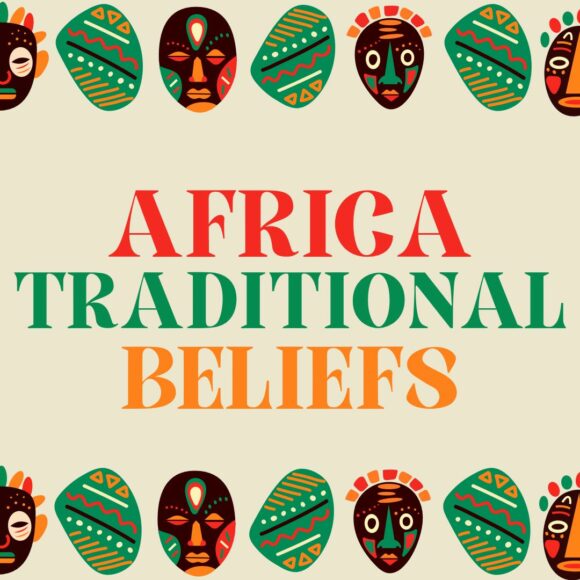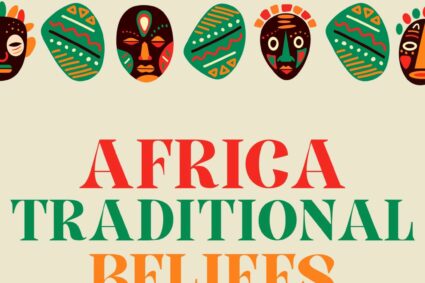
by Antonio Napoli
This community had transgressed the divine laws, driven by the craving for knowledge and the desire that the soul might never abandon the body.
The truth that emerged upon contact with that sacred book was harrowing. Through the eyes of memory, I saw that once numerous community set out on a journey toward a destination riddled with peril. Shortly before, a seer had revealed to them:
“In the time when the stars watched over the path of the first departed, it was written: the Book of the Dead not only holds the words that guide the soul beyond the veil once it has parted from the body, but it also contains the secret that breaks the chains of time. Therein is marked the dwelling of the Hidden River — and whoever drinks its waters shall be granted the gift of eternal life. Yet let the reckless seeker beware: this gift wears two faces, both light and damnation.”
After surviving a sandstorm, the assault of pestilent insects, and nights swarming with slithering and venomous creatures, they finally arrived at a temple that appeared to be unguarded.
Many, doubtful that this was truly the place they had sought, fell into cries of despair. It was then that the crocodiles of the nearby watercourse — well attuned to the sound of distress — leapt swiftly from the vegetation surrounding the temple, seizing with brutal ease bodies already weakened by fatigue and caught off guard.
And while those beasts feasted upon their harrowing meal, the companions of the victims slipped into the chambers of that ancient structure, found the Book of the Dead, and fled without further harm.
The group, now reduced but unbroken, having endured so many perils, at last reached the banks of the Hidden River. Drinking from its waters — as foretold — they attained immortality.
And they had gained it, yes, but at a terrible cost: an eternal hunger, akin to that of knowledge, gnawed at them. The papyrus scrolls could soothe the pangs of that cursed hunger for a fleeting time. But only under the full moon could these immortals truly appease it — and only by consuming human flesh.
This curse compelled them to profane the sacred law of hospitality, welcoming with deceit those already chosen for sacrifice, masking their torment beneath a serene façade.
“The prey is more easily taken by one who has become the predator,” remarked the Jew, whom I had awakened to inform of this dread fate.
We hastened to escape that trap. We passed the broken obelisk in the courtyard and headed toward the row of doors along the outer wall. But we had not reckoned with the truth: the library was a maze of illusions.
The doors deceived. Every time we chose a path, the exits reshaped themselves before our eyes, condemning us to wander in endless circles. They called them false doors — a cruel jest for those who tried to flee. That place had been built to bewilder, to imprison.
Then I remembered an ancient lesson, learned when I was young and hungry for architectural secrets: the sacred libraries of Egypt were built in alignment with the stars.
We waited for dawn. When the first light crossed the sky, we saw the shadow cast by the broken obelisk at the center of the courtyard. We followed its direction as if it were the very finger of God.
I touched the point on the wall where the shadow fell. And there, hidden from profane eyes, I found a narrow slit. Inside it, a lever. I pulled it down. The wall shifted just enough to reveal a passageway to freedom.
At that precise moment, we felt hands seize us from the shadows, and a harsh voice — the librarian’s — spoke:
“Now that you know the secret, you shall not leave this place alive. Unless…”
Our lives were not yet lost.
One thought on “The Book of Memory: Chapter 15”
Comments are closed.

Suspense at its peak!